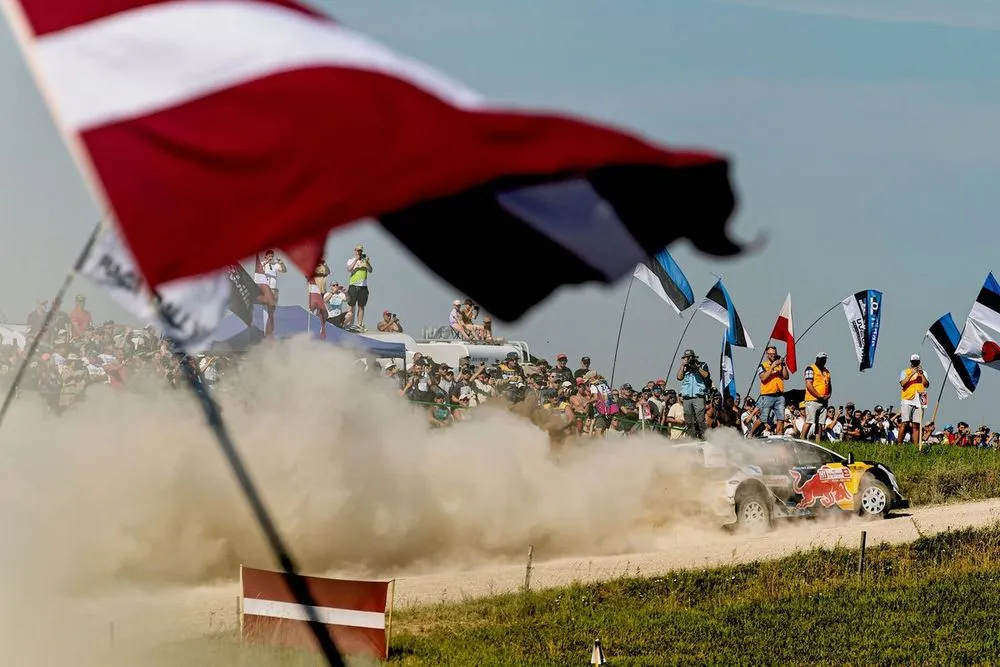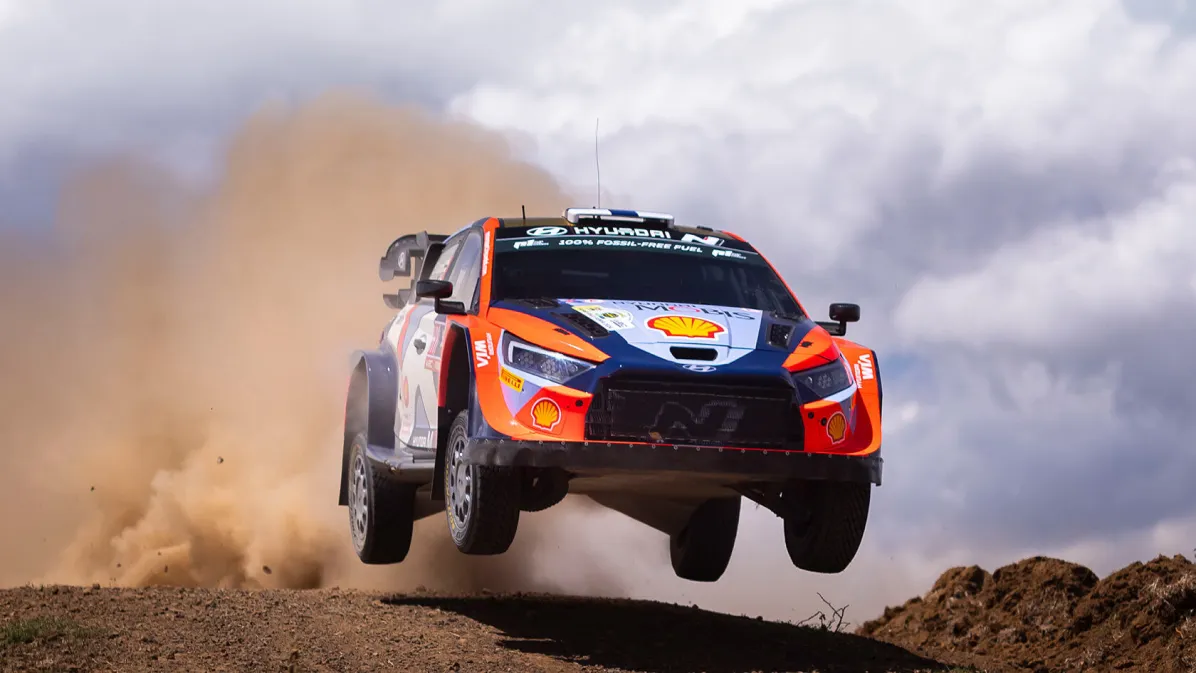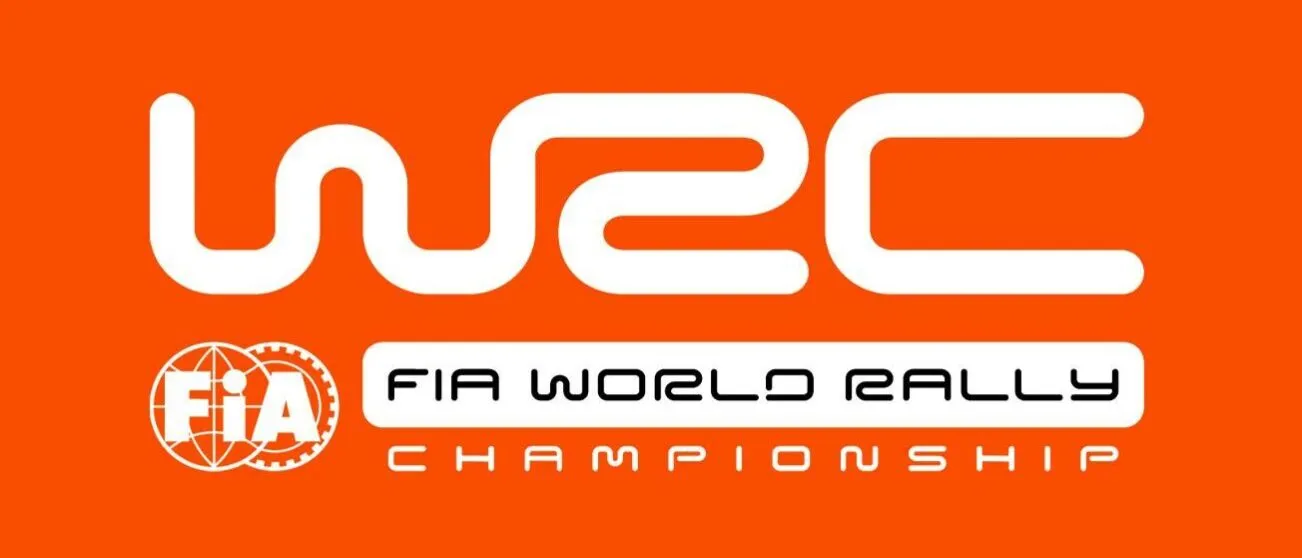In a stunning about-face, the FIA has announced it will not be eliminating hybrid technology from the World Rally Championship (WRC) in 2025 as previously planned. The surprise decision has sent shockwaves through the motorsport world, with fans, teams, and industry experts left questioning the reasoning behind such a drastic reversal. Was this a calculated move, or a reactionary decision made under pressure?
The FIA’s original stance on hybrid technology was clear—after a three-year experiment with hybrid power units, the governing body had announced it would phase out the technology in favor of returning to purely combustion engines. The 2025 WRC season was expected to mark the end of an era for hybrid rally cars. But now, just months before the season is set to begin, the FIA has completely reversed course.
A Shocking U-turn
The announcement came via an official statement released by the FIA, which claimed that, after extensive consultation with manufacturers, teams, and environmental stakeholders, the decision to eliminate hybrid systems was no longer viable. The governing body cited the evolving needs of the sport and the broader automotive industry’s push towards sustainability as key factors in their decision.
“This was not an easy decision, but after evaluating the current landscape and listening to the key players in the WRC, we have concluded that hybrid technology should remain part of the championship,” said FIA President Mohammed Ben Sulayem. “The sport is evolving, and it’s crucial that we continue to align with the global trend of sustainability and innovation.”
But the reversal has left many asking: What prompted this sudden change of heart?

The Environmental Argument: A Double-Edged Sword
One of the FIA’s main reasons for introducing hybrid technology into the WRC was to align with the growing environmental push within motorsport. The hybrid units were intended to reduce carbon emissions and demonstrate the role of motorsport in fostering clean energy solutions. Yet, the decision to overturn their elimination is now being met with criticism for sending mixed signals.
Critics argue that the FIA is pandering to manufacturers who are heavily invested in hybrid systems, like Toyota and Hyundai, at the expense of the sport’s core values. “This is a clear case of corporate influence dictating the future of motorsport,” said one outspoken critic. “The FIA made a bold move in 2022, only to backtrack under pressure. It shows that the sport lacks the conviction to move away from hybrids when it should.”
On the other hand, hybrid enthusiasts argue that the technology is here to stay, and motorsport should serve as a testing ground for new energy solutions. “Hybrids are the future of not just WRC but motorsport in general,” one supporter commented. “If the FIA wants to remain relevant and lead the way in sustainable innovation, they have to embrace the technology.”
Manufacturers Have Their Say

Manufacturers, who were initially preparing for a future without hybrid systems, have now welcomed the reversal. The hybrid technology in WRC cars is not only a way to reduce emissions but also an opportunity for car manufacturers to showcase their cutting-edge engineering. Toyota, Hyundai, and M-Sport have all expressed their satisfaction with the decision, with many revealing they had been actively lobbying for the continuation of hybrid systems.
“The hybrid units are a crucial part of the technology we’re developing for the road,” said a spokesperson from Toyota. “Rallying is a platform where we can showcase innovations that eventually make their way into everyday vehicles. We’re pleased the FIA recognizes this.”
However, some insiders suggest that the manufacturers’ influence on the FIA’s decision could be a sign that commercial interests are starting to overshadow the sport’s sporting integrity.
What’s Next for the WRC?

As the 2025 WRC season approaches, the sport faces a period of uncertainty. Will the decision to keep hybrid systems in place lead to better racing and innovation, or will it further alienate fans who feel the sport is losing its identity?
Only time will tell if this controversial decision is truly in the best interest of the WRC. For now, one thing is certain: the future of rallying has never been more unpredictable. Will the FIA’s decision to continue with hybrids drive the sport forward, or will it unravel the very essence of what makes rally racing so exciting?



